The Proposal for the Supplementary Project on Socio-Economic Development in 2025 with the target of achieving growth of 8% or more is the first content considered and commented on by the 9th Extraordinary Session of the 15th National Assembly in the opening session on February 12, 2025.
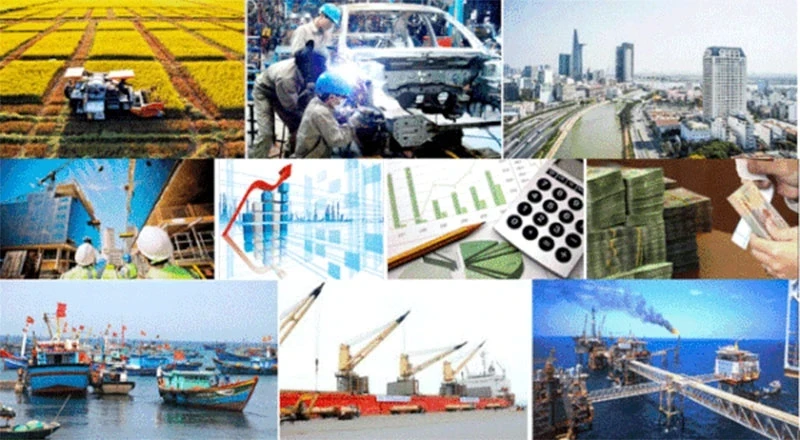
In the Project, the Government proposed that the National Assembly adjust the target of gross domestic product (GDP) growth rate to 8% or more instead of the current level. GDP growth around 6.5-7% and striving for around 7-7.5% was approved by the National Assembly at the 8th Session held in November 2024. Achieving this growth rate in 2025 will create a solid foundation for achieving double-digit growth over a long enough period, starting from 2026.
In an effort to promote economic growth, right from the first days, the first quarter of 2025, the Government Standing Committee met with businesses to discuss solutions to support private enterprises to accelerate and make breakthroughs, contributing to the rapid and sustainable development of the country in the new era. This event not only encourages and motivates the entrepreneurial spirit but also demonstrates the trust of the Party, State, and Government in entrusting the great responsibility to the Vietnamese business community at the historic threshold of the country.
After nearly 40 years of innovation, to date, the Vietnamese business community has grown strongly in both quantity and quality with more than 940 thousand active enterprises, more than 30 thousand cooperatives and more than 5 million individual business households. The business force has increasingly affirmed its important position and role in socio-economic development, industrialization and modernization of the country, contributing about 60% to GDP growth, 98% of total export turnover and creating jobs for 85% of the country's workforce. A number of businesses have developed, reached regional and world levels, proactively participating and affirming their position and role in the global supply chain, contributing to enhancing Vietnam's position and prestige in the international arena.
However, Vietnamese enterprises still have many limitations, and their potential and room for development have not been effectively exploited. Although large private enterprises with a scale of billions of USD and global competitiveness have appeared, most enterprises are small and micro-sized, have weak competitiveness, and their business activities are still seasonal and lack strategic vision. Notably, the growth momentum of Vietnamese enterprises is slowing down after the Covid-19 pandemic.
If before 2019, the ratio of new businesses entering the market to the number of businesses leaving the market was usually 3 times, by 2024, this ratio will decrease to 1.18 times. Along with that, there is a situation where the total number of newly established businesses and businesses returning to the market is lower than the total number of businesses temporarily suspending business and going bankrupt at the same time. This shows that although the business investment environment has been improved, it has not yet met the development requirements of businesses in particular and the development of the economy in general.
In fact, the promulgation of legal policies is still mainly aimed at management and supervision, not really at the goal of creating development, leading to overlapping legal documents, causing difficulties in implementation. The biggest legal bottlenecks are concentrated in two areas, including resource mobilization, allocation, and use, and in specialized laws, most clearly in conditional business lines. These are also the contents that businesses and entrepreneurs persistently propose to remove whenever they have the opportunity to work with the Government and the Prime Minister.
In the context of the world situation continuing to evolve in a complex and unpredictable manner, proactively increasing endogenous capacity to promote growth is an urgent requirement. Without promoting the development of the production and business community, growth targets will become difficult and unsustainable. Institutional reform efforts implemented along with the apparatus streamlining revolution are expected to remove institutional bottlenecks, untie development investment resources, and unleash growth momentum from the business sector.
Institutional reform cannot be separated from the development of the business force, especially domestic private enterprises. Enterprises need motivation to overcome the threshold and only institutions can do that. When the entrepreneurial spirit is revived, enterprises will take on the big and difficult tasks that are posing for the country's development and become a force participating in finding solutions to the problem of double-digit economic growth. In the current context, it is entrepreneurs and enterprises that are the subjects that revive the country, helping people to be prosperous and happy.
Source


![[Photo] Opening of the 44th session of the National Assembly Standing Committee](https://vstatic.vietnam.vn/vietnam/resource/IMAGE/2025/4/14/03a1687d4f584352a4b7aa6aa0f73792)

![[Photo] Children's smiles - hope after the earthquake disaster in Myanmar](https://vstatic.vietnam.vn/vietnam/resource/IMAGE/2025/4/14/9fc59328310d43839c4d369d08421cf3)


![[Photo] Touching images recreated at the program "Resources for Victory"](https://vstatic.vietnam.vn/vietnam/resource/IMAGE/2025/4/14/99863147ad274f01a9b208519ebc0dd2)












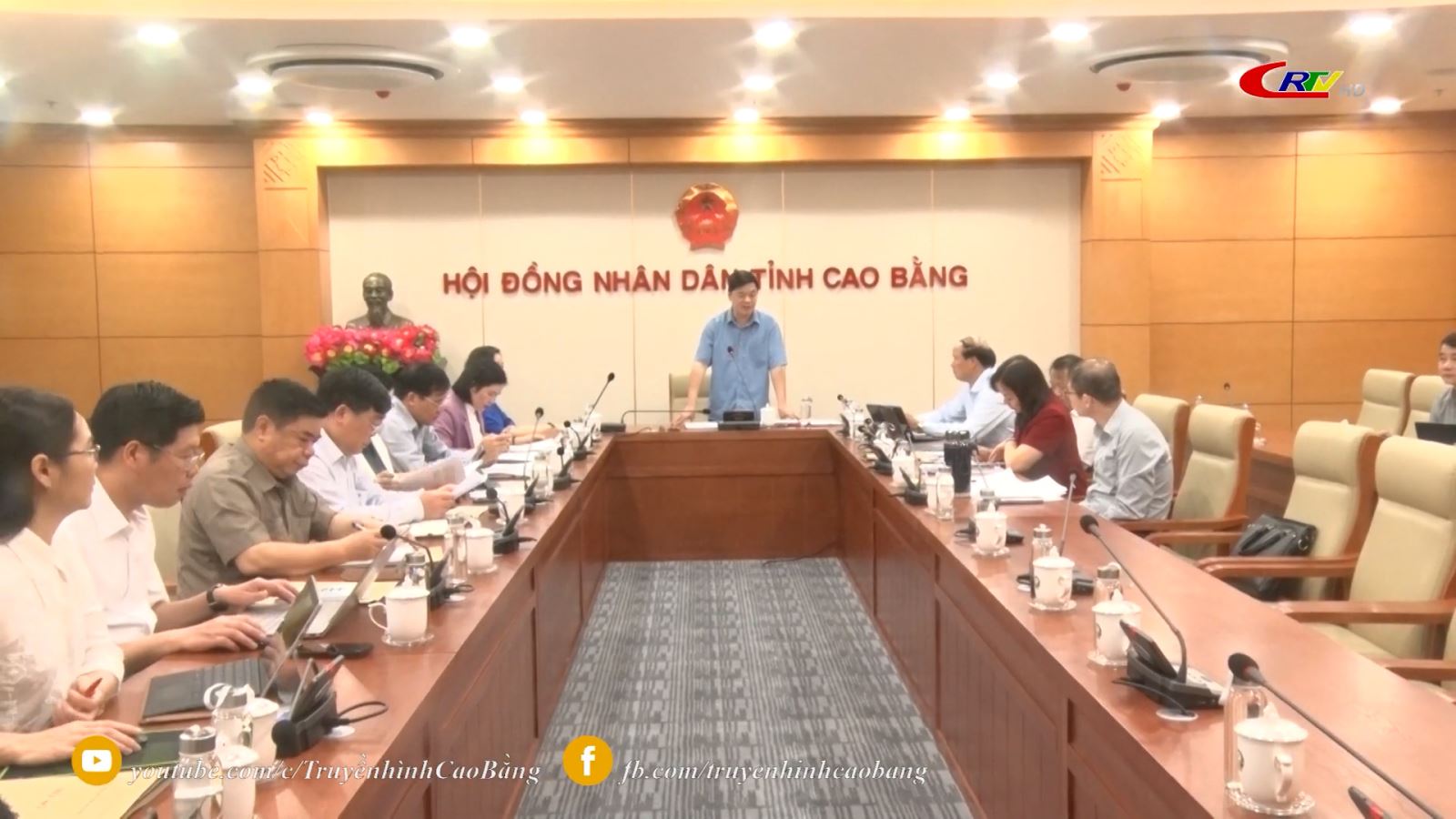






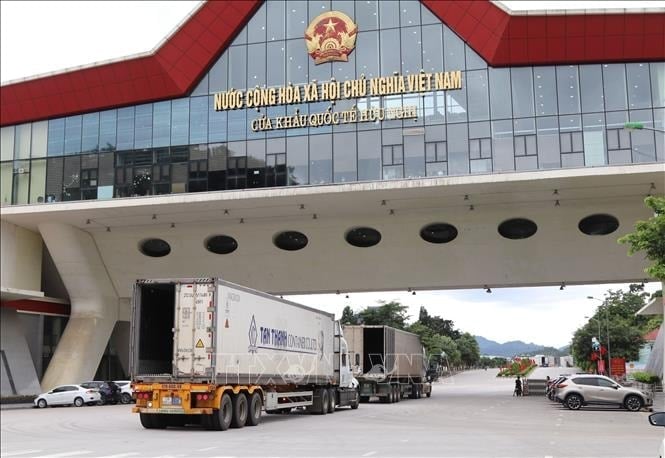
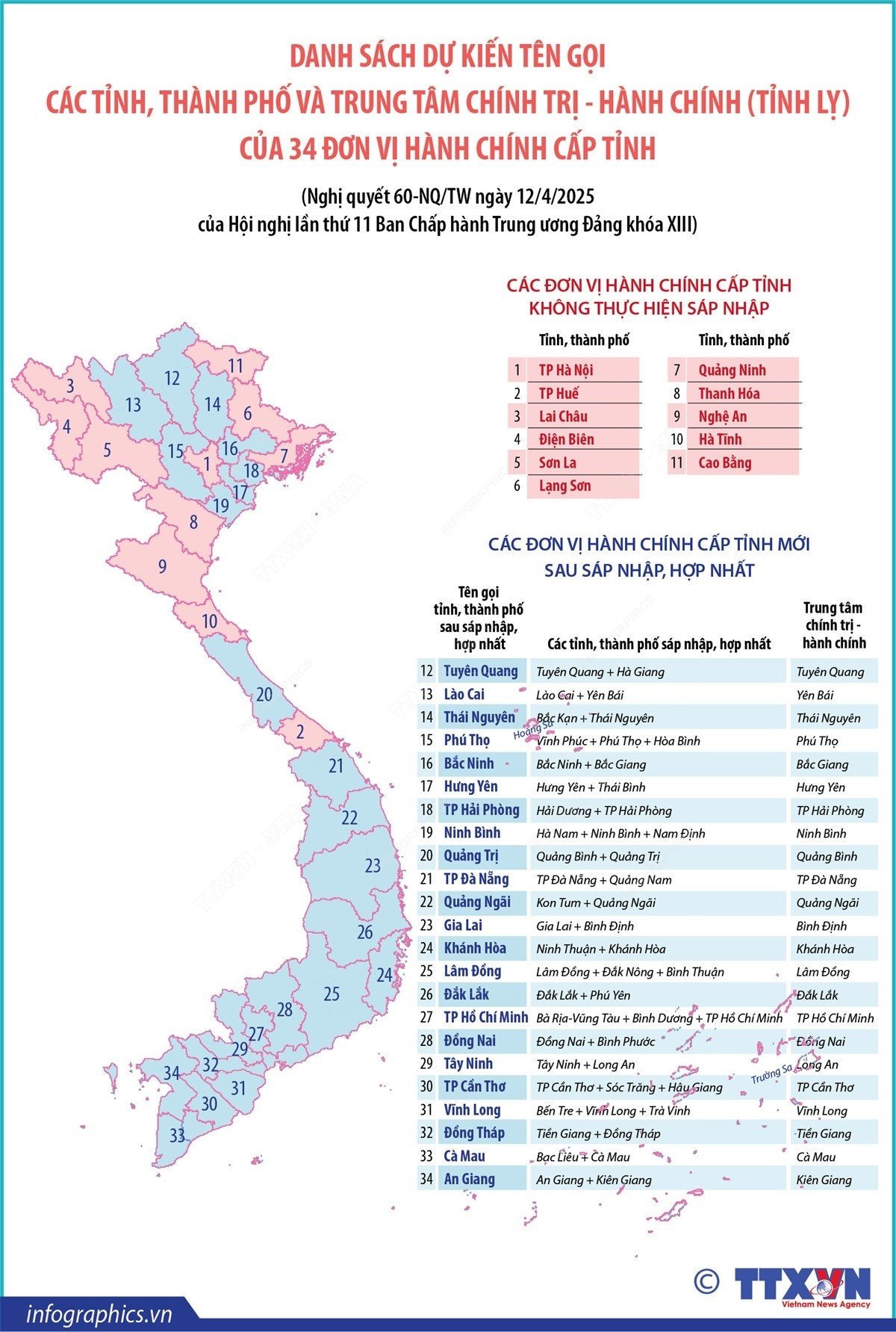

![Ancient Sculpture Masterpieces in Son Tay [Vietnam Cultural Tourism]](https://vstatic.vietnam.vn/vietnam/resource/IMAGE/2025/4/11/949ec2ff15dd49249d7bd4da0612cdb5)

![[Photo] National Assembly Chairman Tran Thanh Man attends the ceremony to celebrate the 1015th anniversary of King Ly Thai To's coronation](https://vstatic.vietnam.vn/vietnam/resource/IMAGE/2025/4/13/6d642c7b8ab34ccc8c769a9ebc02346b)






























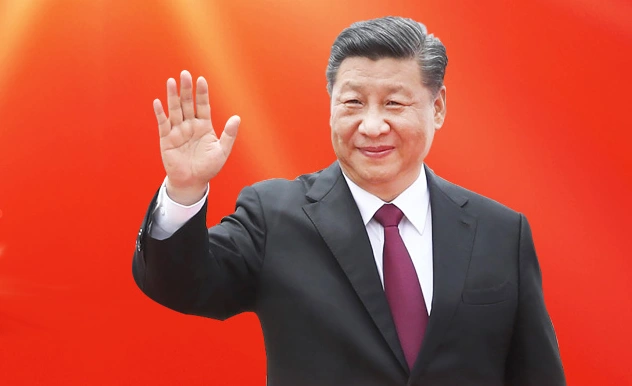


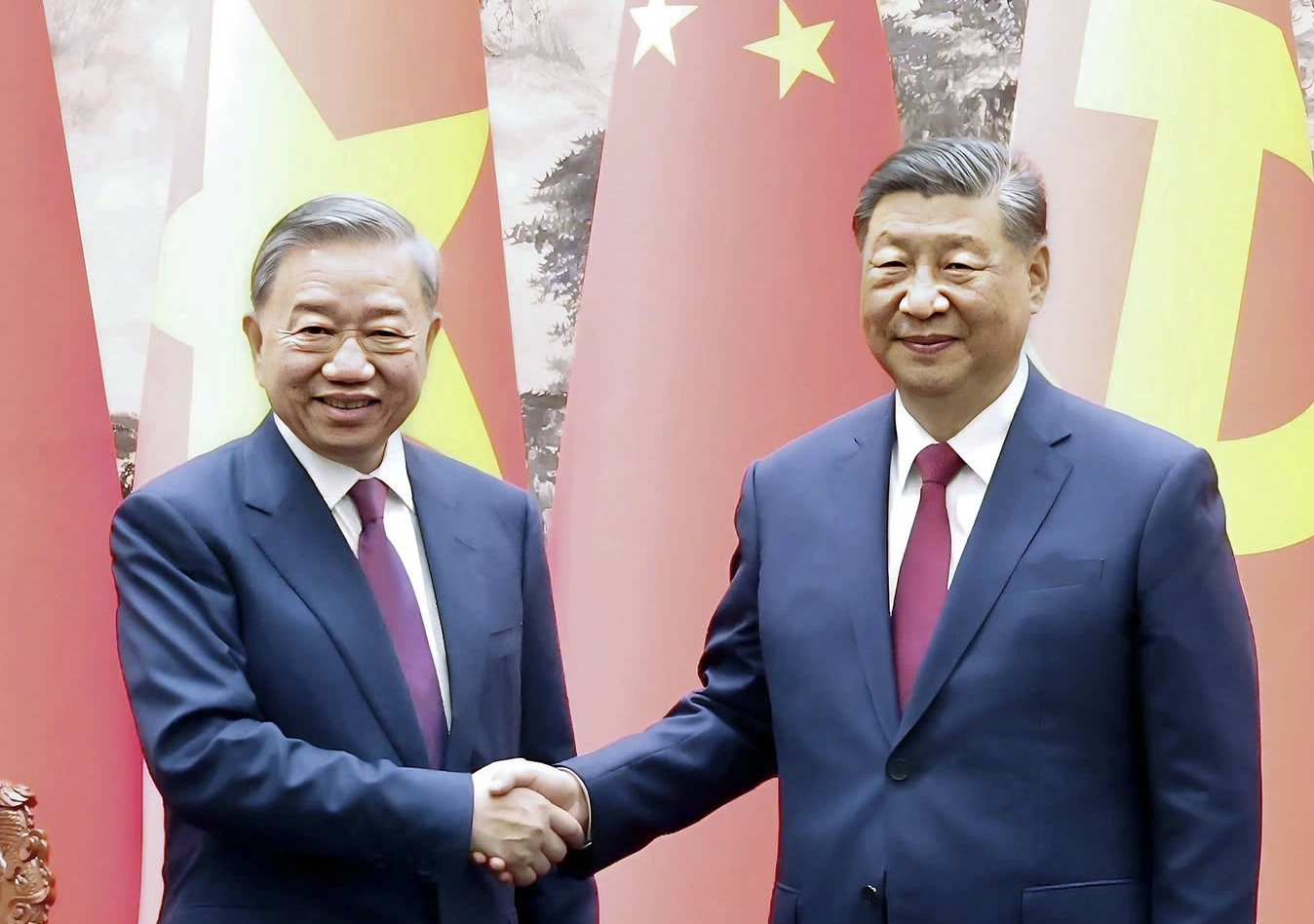

























Comment (0)